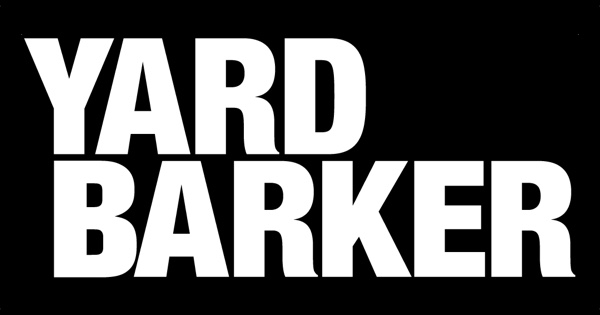Copyright Benzinga

On Thursday, the U.S. Food and Drug Administration (FDA) announced six additional awardees under the Commissioner's National Priority Voucher (CNPV) pilot program. Boehringer Ingelheim Pharmaceuticals Inc.'s Hernexeos (Zongertinib) for HER2 lung cancer. Johnson & Johnson's (NYSE:JNJ) Sirturo (Bedaquiline) for drug-resistant tuberculosis in young children. GSK Plc's (NYSE:GSK) Jemperli (dostarlimab) for rectal cancer. Vertex Pharmaceuticals Inc.'s (NASDAQ:VRTX) Casgevy (exagamglogene autotemcel) for sickle cell disease Eli Lilly and Co.'s (NYSE:LLY) under development Orforglipron, an oral drug for obesity and related health conditions. Novo Nordisk A/S' (NYSE:NVO) Wegovy (semaglutide) for obesity and related health conditions. The second cohort brings the total number of voucher recipients to 15, underscoring the agency's commitment to accelerating the review of products with the potential to address key national priorities. Also Read: FDA Unveils First Experimental Drugs Under Fast-Track Voucher Plan To Cut Drug Review Times "National priority vouchers are granted to a select group of products where the company has agreed to increase affordability, domesticate manufacturing as a national security issue, or address an unmet public health need," said FDA Commissioner Marty Makary. Upon submission of a complete application, national priority voucher holders will receive a decision within months, a drastic reduction of the typical review timeline. The faster timeframe is contingent upon additional requirements from the company, and FDA staff reserve the right to extend the review as needed. The cornerstone of the accelerated timeline is a one-day "tumor board style" meeting, which convenes a multidisciplinary group of physicians and scientists for a team-based review. On Thursday, the Centers for Medicare & Medicaid Services (CMS) announced an initiative designed to lower prescription drug spending in Medicaid. State Medicaid programs that choose to participate in the GENErating cost Reductions fOr U.S. Medicaid (GENEROUS) Model will be able to purchase drugs included in the pilot at prices aligned with those paid in select other countries, allowing Americans to benefit from fairer, more competitive pricing. Total gross Medicaid spending on prescription drugs exceeded $100 billion in 2024, a $10 billion increase from 2022. After collecting manufacturer rebates, net Medicaid drug spending was still $60 billion. Launching in 2026, the model enables CMS to negotiate with participating manufacturers for lower prices, while states adopting the model will implement uniform and transparent coverage criteria. On Thursday, President Donald Trump announced agreements with Eli Lilly and Novo Nordisk to reduce prices for their GLP-1-based obesity and diabetes drugs significantly. The deals will also expand Medicare and Medicaid coverage for these high-demand treatments beginning in mid-2026. Read Next: AstraZeneca Q3 Adj. EPS $1.19 Beats $1.14 Estimate, Sales $15.191B Beat $14.805B Estimate Photo via Shutterstock



